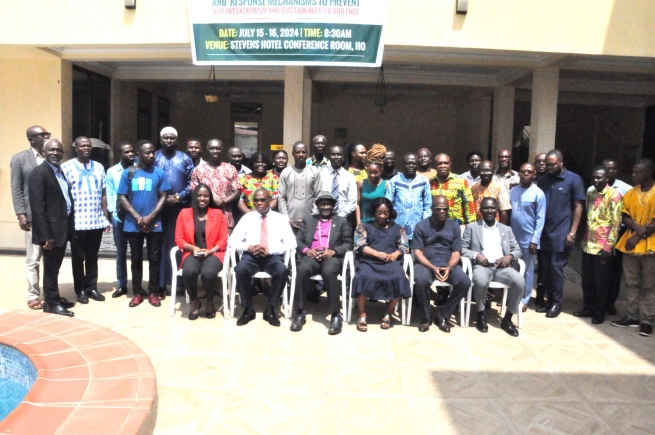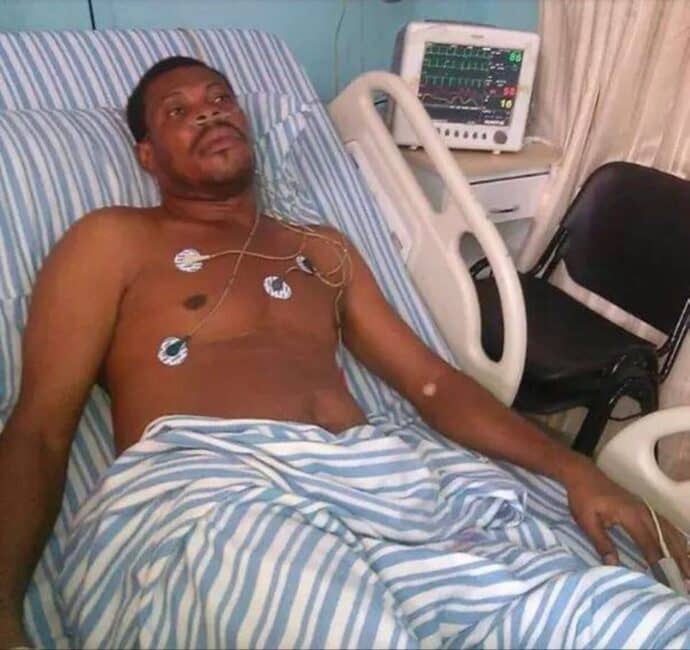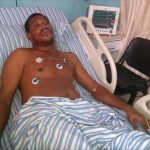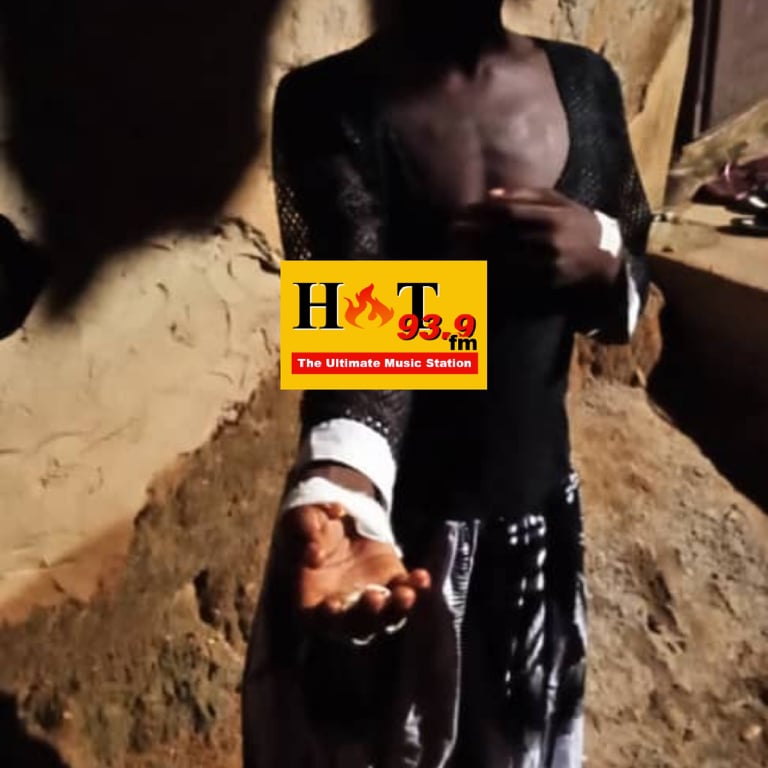On Monday, July 15, thirty participants from various communities in the Volta, Oti, Eastern, and Greater Accra regions commenced a two-day training in Ho.
The training, titled “Early Warning and Response Mechanism to Election-Related Violence,” is aimed at equipping individuals with the skills to prevent, manage, and resolve conflicts, especially as the general elections approach.
This initiative is organized by the National Peace Council (NPC) with support from Catholic Relief Services and the Kingdom of the Netherlands.
The participants, representing district assemblies, NGOs, student and youth groups, the clergy, the National Commission for Civic Education, and the Office of the National Chief Imam, were trained on several crucial topics.
These included understanding violent extremism, recognizing early warning signs, and implementing Ghana’s National Early Warning System.
Additionally, they explored the gender dimensions of violent extremism and the necessary responses to such threats.
Senior Research Fellow Dr. Ken Ahorsu, in his presentation, highlighted the role of state failure in providing basic rights and security, which leads to increased inequality and allows non-state actors to undermine state sovereignty.
“Failed political transitions, with weak institutions, law enforcement, and checks and balances, provide a fertile ground for violent extremism,” Dr. Ahorsu noted. He also pointed out that the normalization of violence through media exposure contributes to rising violent behavior.
Executive Secretary of the NPC, George Amoh, emphasized that Ghana has established laws and channels for conflict resolution.
“No form of violence to promote one’s political cause is acceptable,” Amoh stated firmly.
He stressed that the country’s legal framework and avenues for peaceful conflict resolution must be utilized to ensure a violence-free election process.







